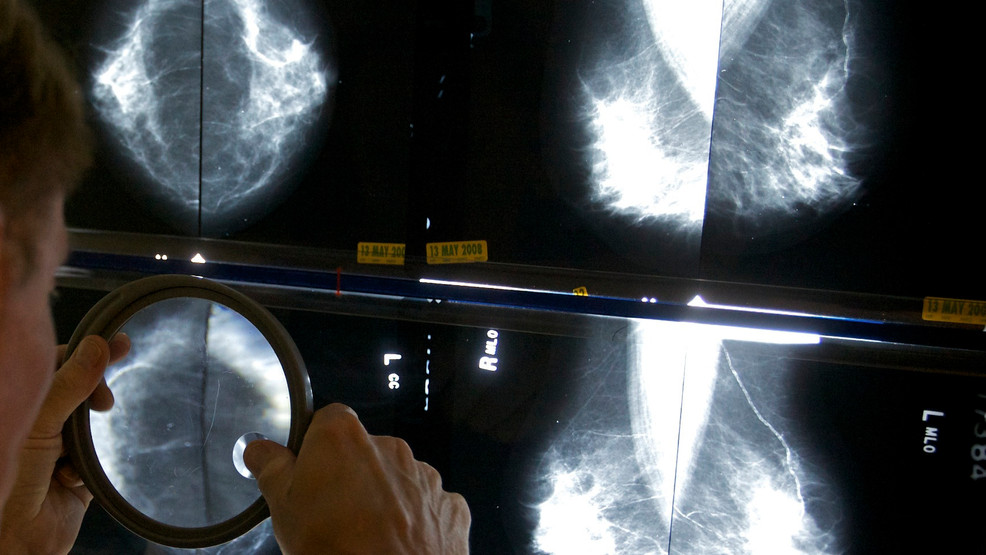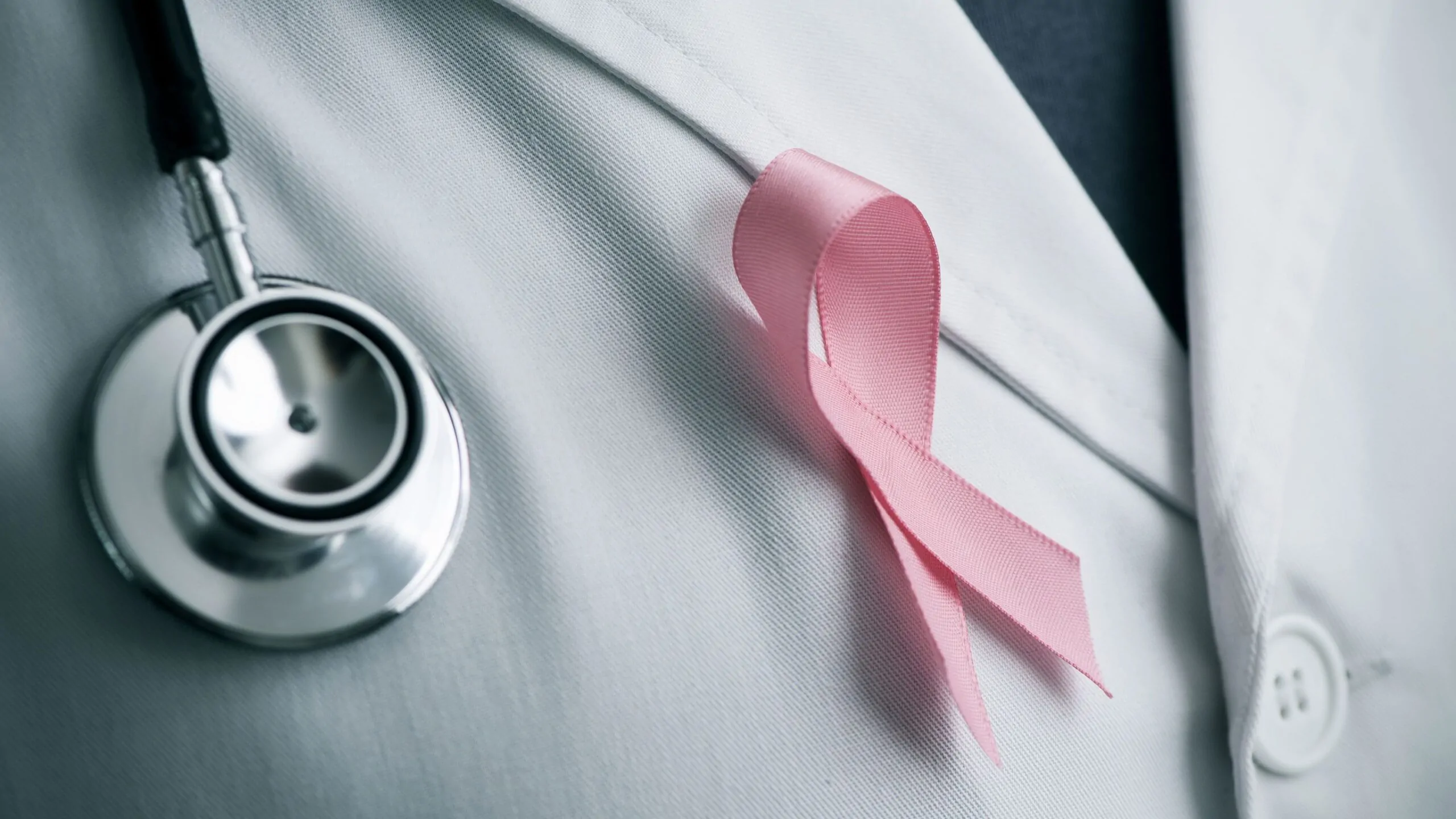The American Cancer Society (ACS) released its biennial Breast Cancer Statistics, 2024 report, revealing both encouraging and concerning trends in breast cancer incidence and mortality in the United States. The report, published in CA: A Cancer Journal for Clinicians, shows a 44% drop in breast cancer mortality rates since 1989, averting approximately 517,900 deaths.
This progress has not been evenly distributed, with significant disparities among American Indian, Alaska Native (AIAN), Black, and Asian American/Pacific Islander (AAPI) women.
The report highlights that while breast cancer deaths continue to decline overall, the incidence of new cases is rising by about 1% annually between 2012 and 2021. This trend is especially pronounced among women younger than 50 (1.4% per year) and AAPI women of all ages (2.5%-2.7% per year).
Breast cancer remains the most common cancer among U.S. women, aside from skin cancer, and is the leading cause of cancer death among Hispanic women. In 2024, an estimated 310,720 new cases of invasive breast cancer are expected to be diagnosed in women, alongside 42,250 deaths from the disease.
While the mortality rate improvements are attributed to advances in early detection and treatment, the COVID-19 pandemic has introduced challenges, including delayed diagnoses due to interruptions in screening.
“Future progress may be thwarted by increasing incidence, especially among younger women, and consequences of the COVID-19 pandemic,” said Angela Giaquinto, lead author of the study.

Disparities remain a critical concern. AIAN women experience a 10% lower incidence of breast cancer than White women, but a 6% higher mortality rate. Only 51% of AIAN women over 40 had a mammogram in the past two years, compared to 68% of White women.
Similarly, stomach cancer survival rates also reflect racial disparities, with Black and AIAN populations showing significantly lower survival rates compared to White populations.
Black women face a 38% higher mortality rate than White women, despite having a 5% lower incidence of the disease. They also have poorer survival outcomes at every stage of diagnosis except localized disease.
To combat these disparities, ACS launched the VOICES of Black Women study in May 2024, aiming to enroll over 100,000 Black women to better understand cancer risks and outcomes.
ACS advocates for the reauthorization of the National Breast and Cervical Cancer Early Detection Program (NBCCEDP) through the SCREENS for Cancer Act to expand access to screenings for uninsured and underinsured women.
Dr. William Dahut, chief scientific officer at ACS, emphasized the need for systemic efforts to ensure equitable access to screening and treatment: “Alarming disparities still remain, especially for Asian American, Pacific Islander, Native American, and Black women.”








